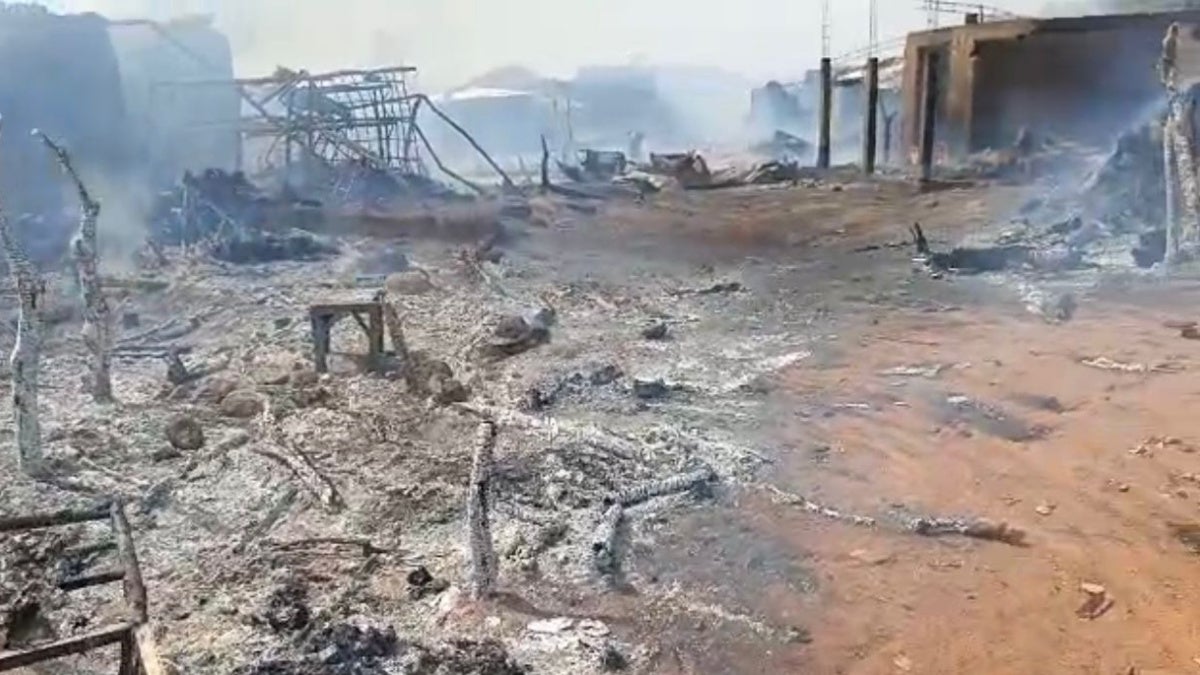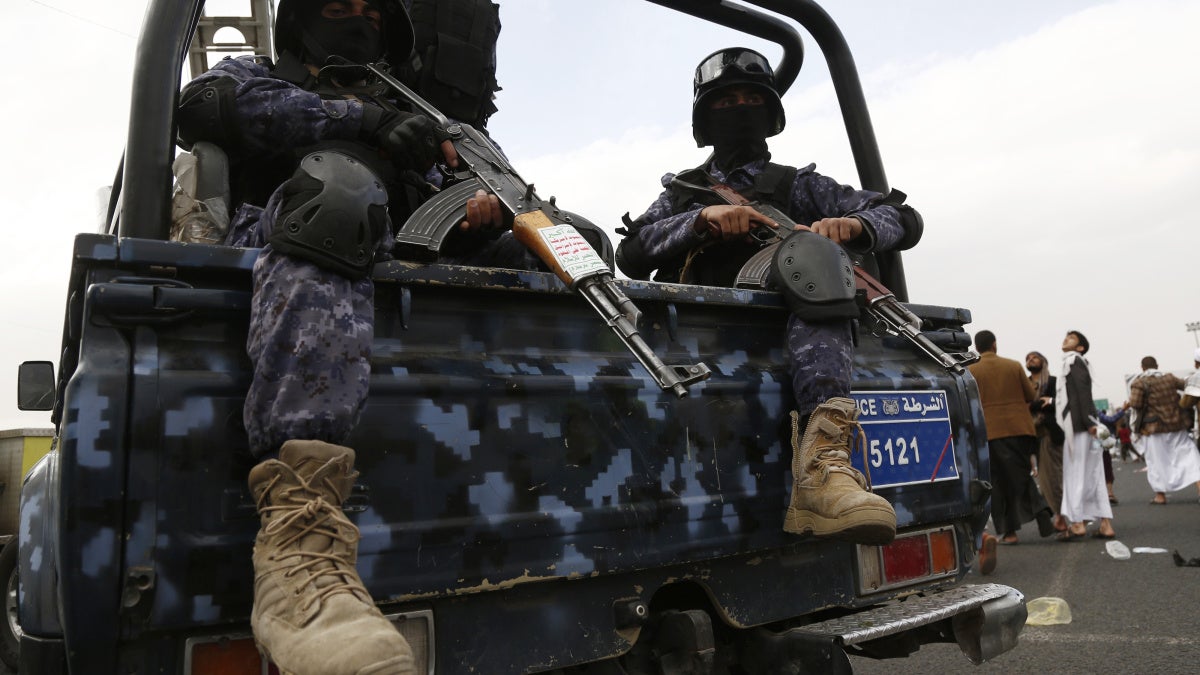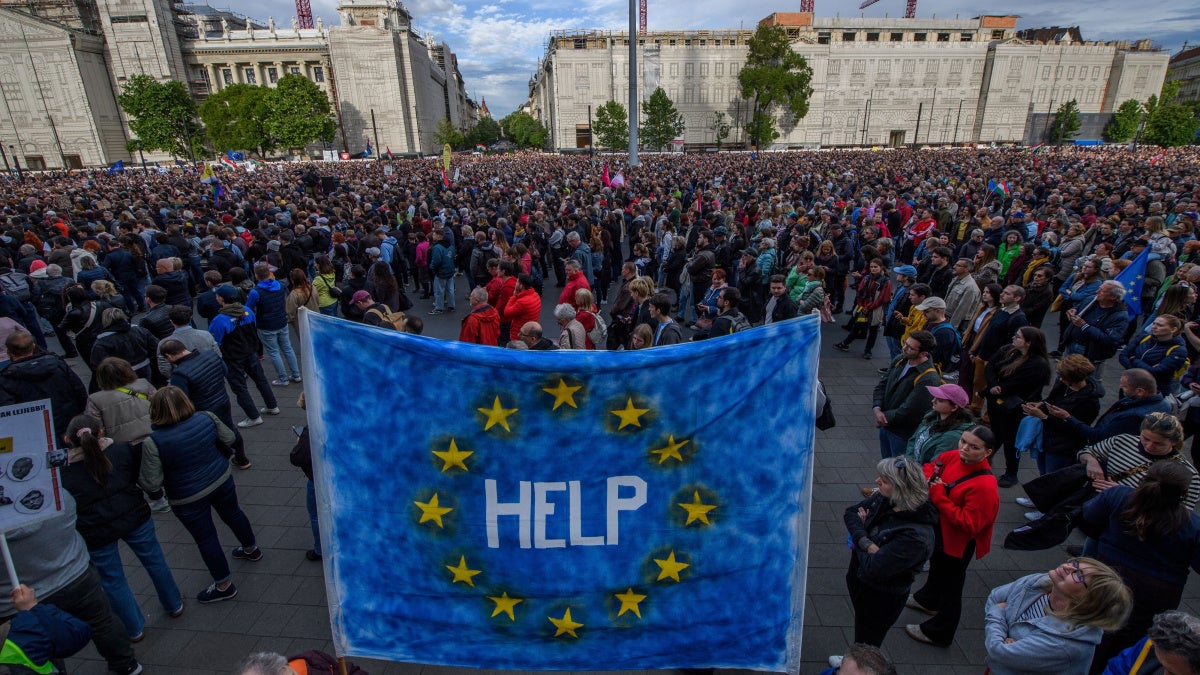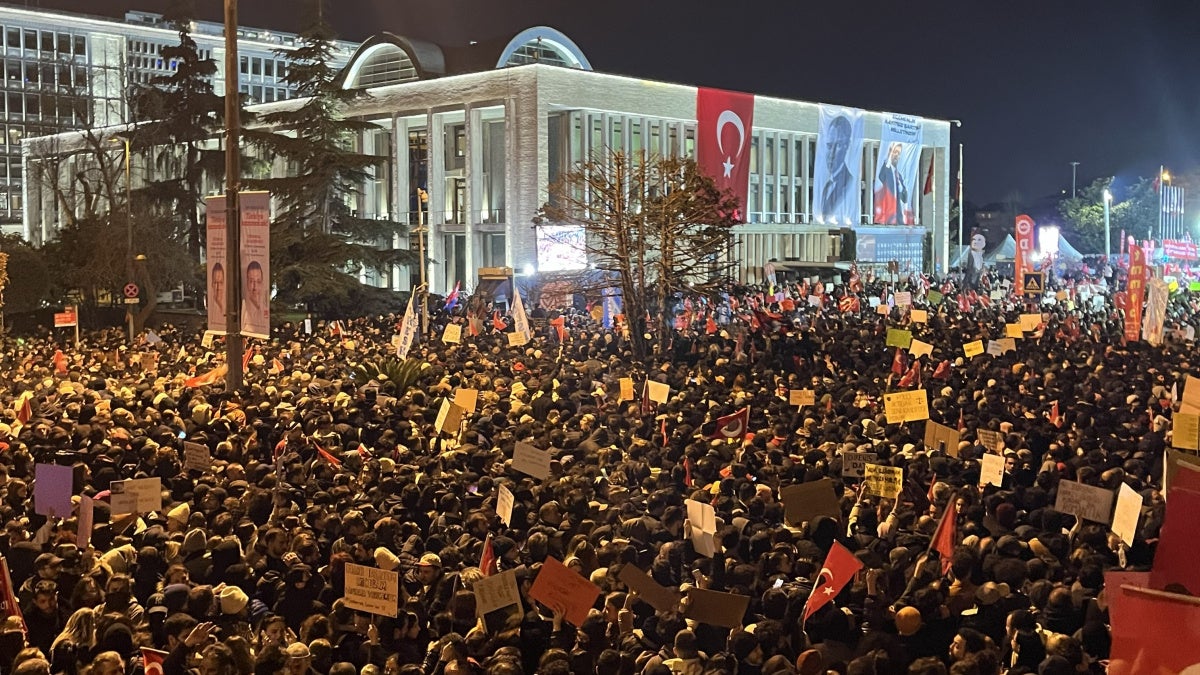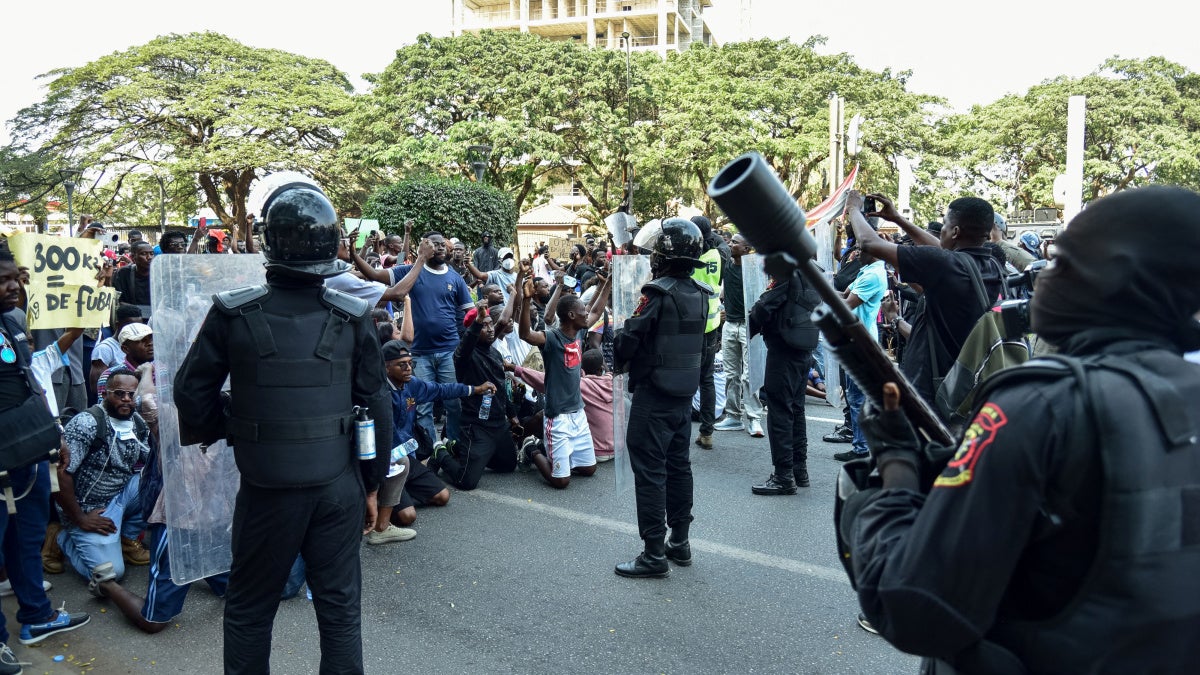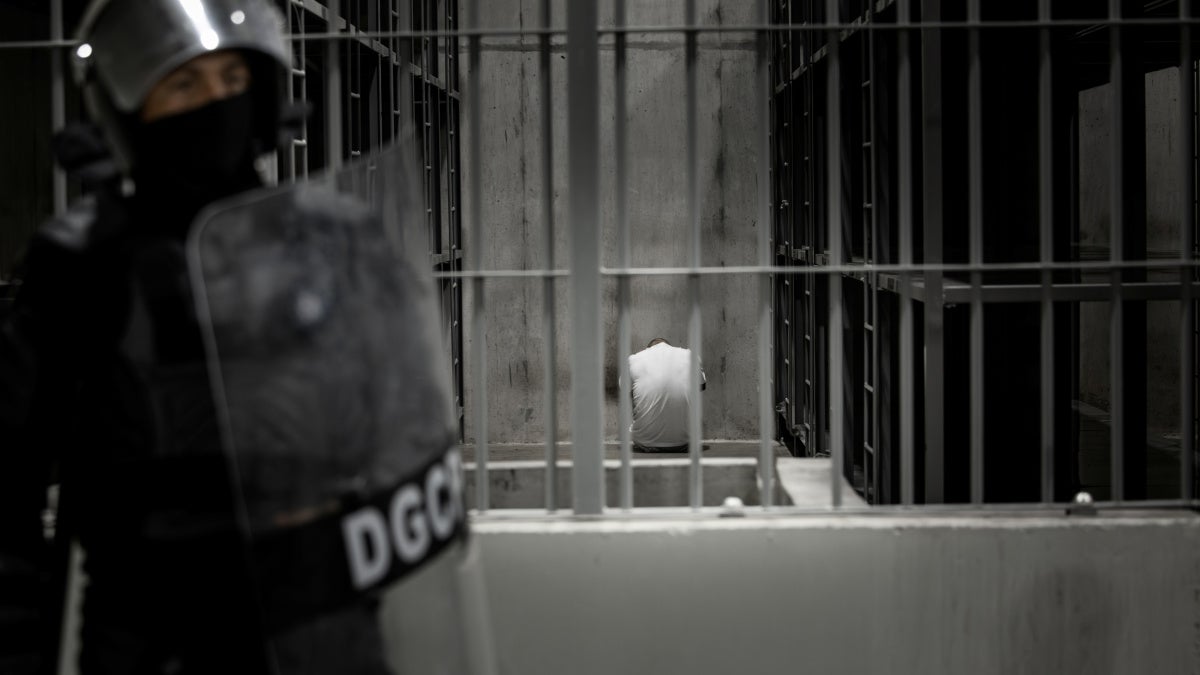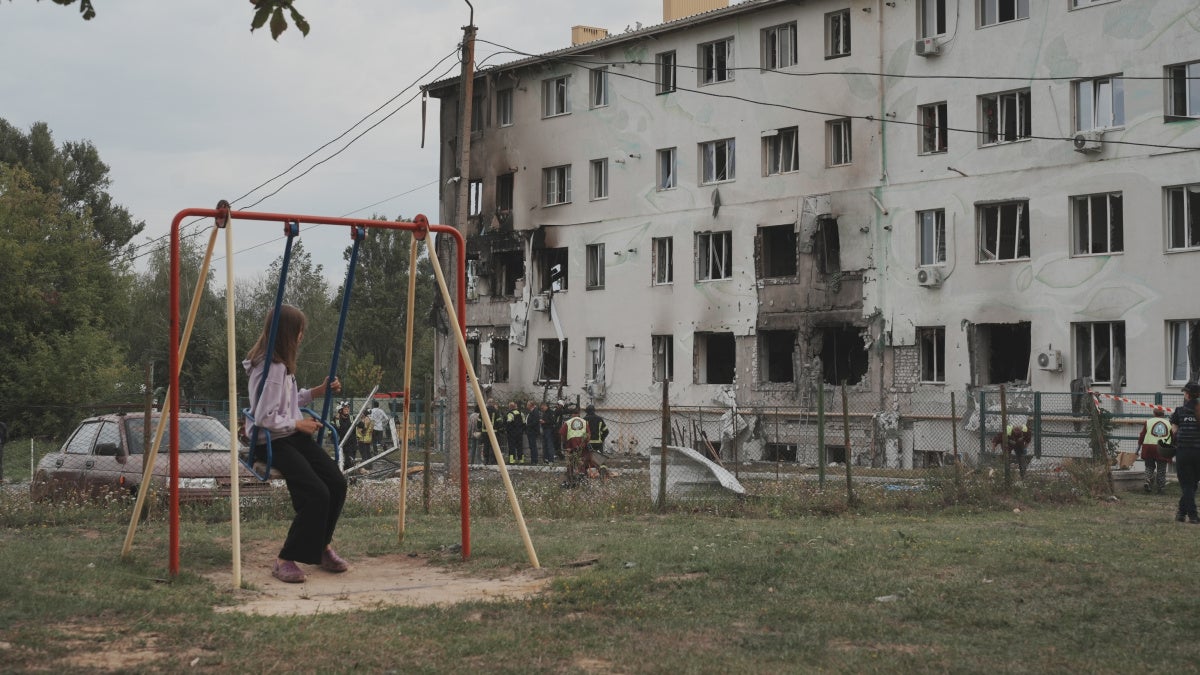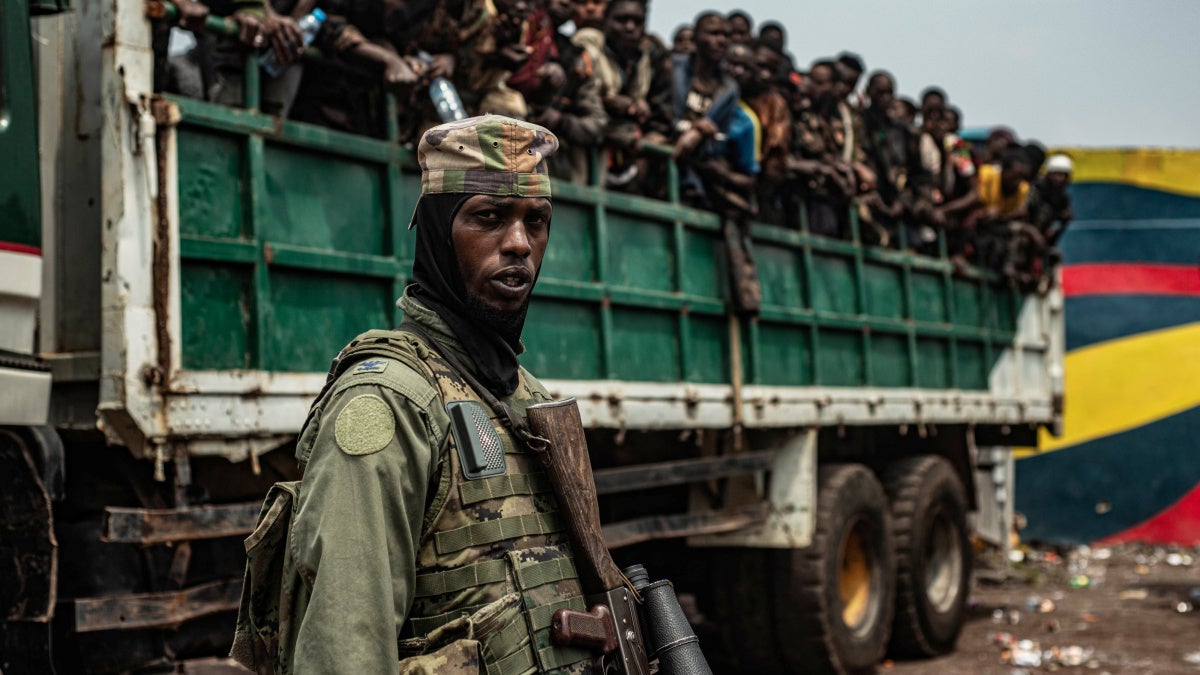Niger: Military Drone Strike Kills 17 Civilians
(Nairobi) – An apparent Nigerien military drone strike killed at least 17 civilians, including 4 children, and injured at least 13 others at a crowded market in western Niger on January 6, 2026, Human Rights Watch said today. The strike, which also killed three Islamist fighters, violated laws-of-war prohibitions against indiscriminate attacks and might amount to […]
Continue Reading